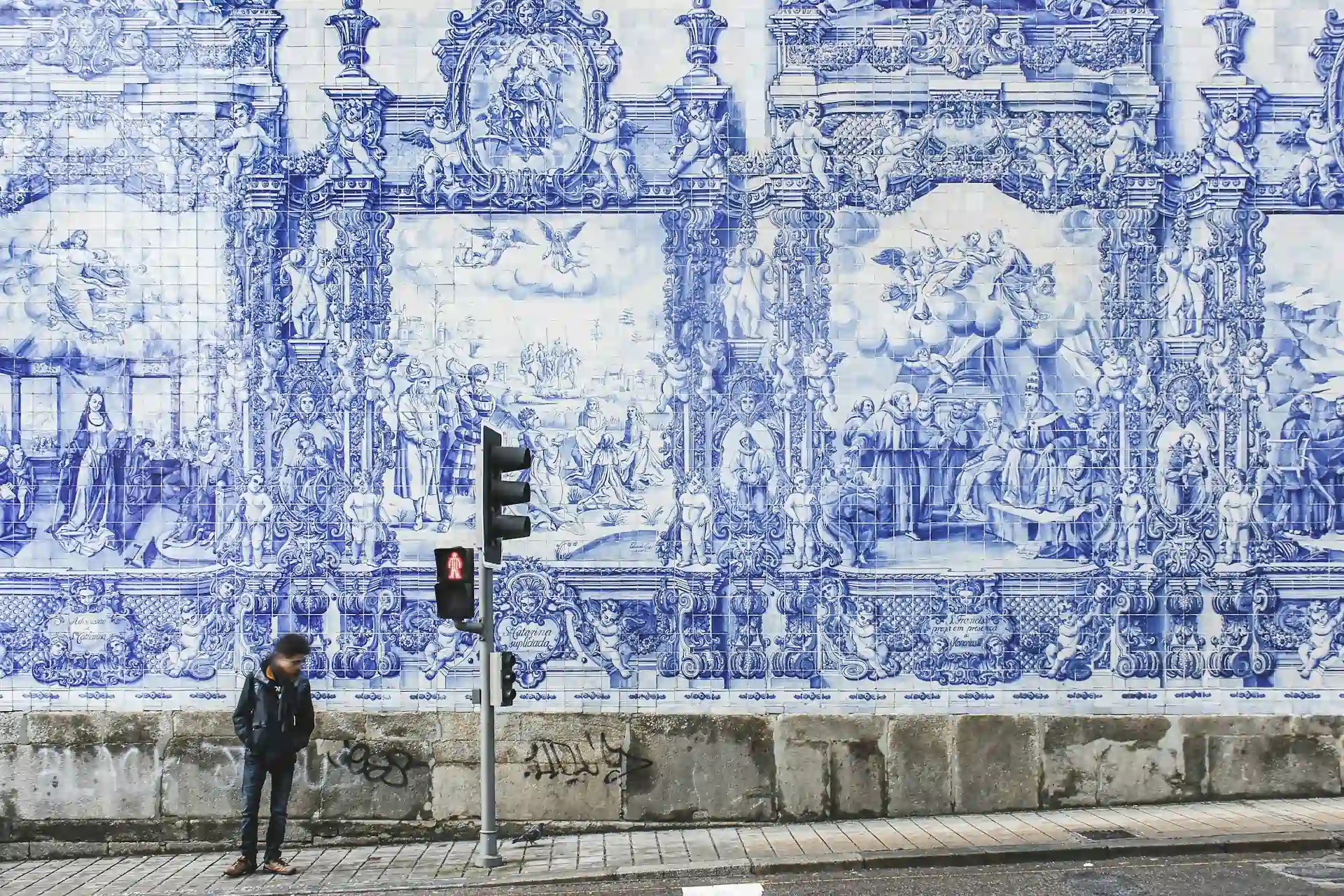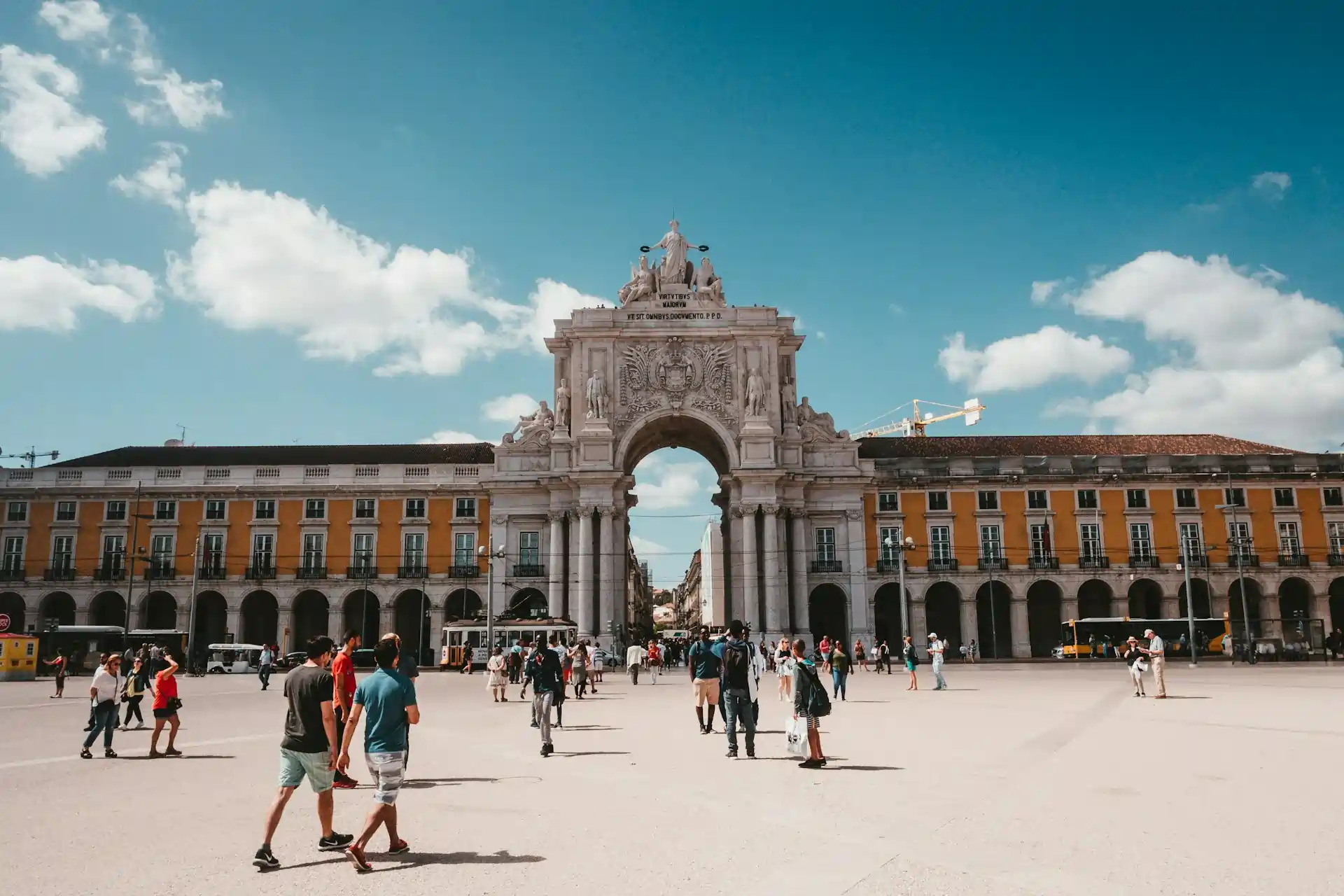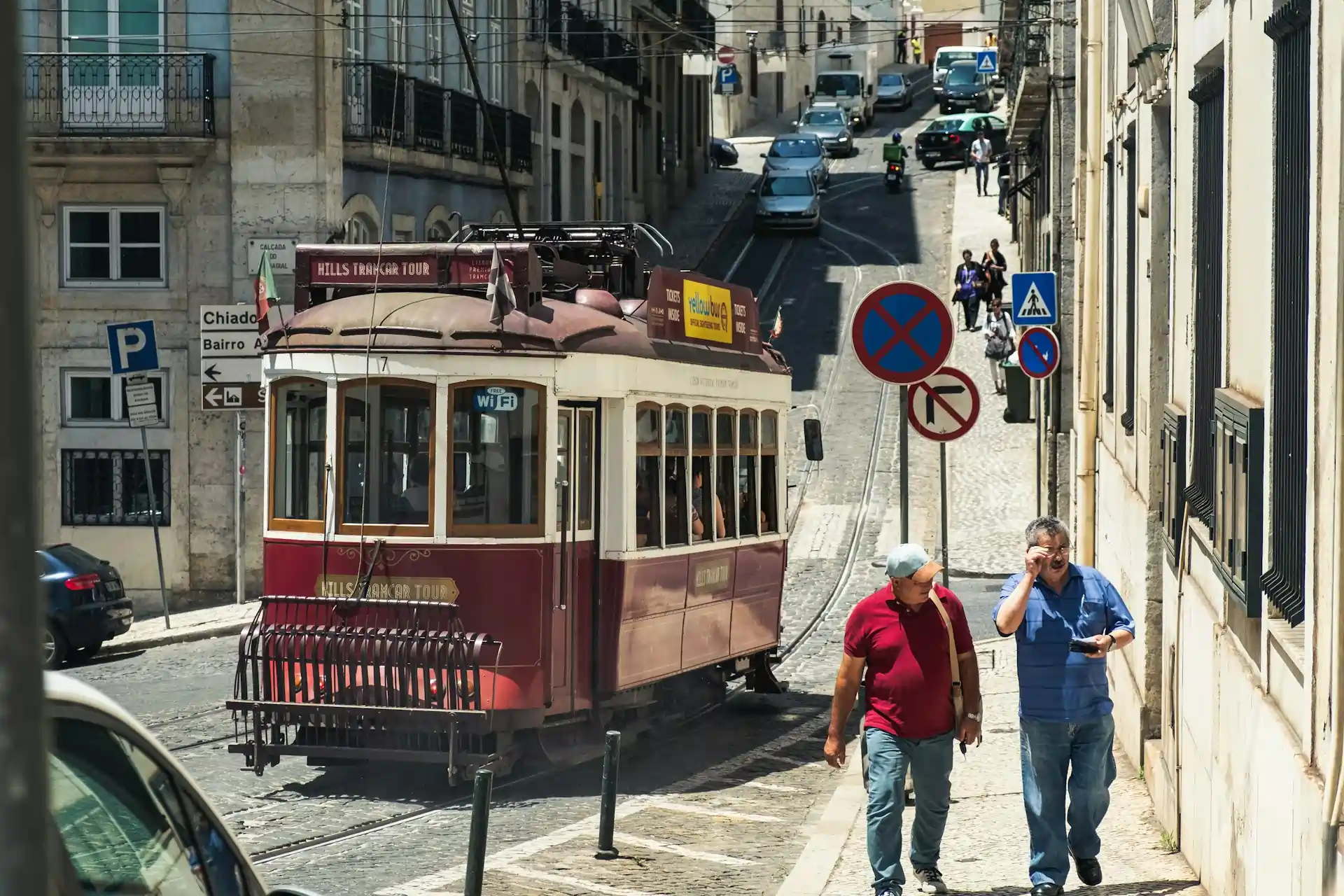
Currency in Portugal: A Complete Travel Money Guide
Famous for its delicious port wine, iconic custard tarts, scenic beaches, and famous football stars, Portugal offers an array of unique experiences. To make the most of your trip, it’s essential to understand the currency and spending practices in Portugal. This guide will cover:
What Currency is Used in Portugal?
Portugal adopted the euro (€) on January 1, 1999, replacing the escudo. The euro is used across many European Union countries and is symbolized as “€” with the currency code EUR. Prices in Portugal are typically displayed as €10, with a comma used for cents (e.g., €1,50 instead of €1.50).
Euro Coins and Banknotes in Portugal
The euro is a familiar currency worldwide and comes in both coins and banknotes. Here’s a quick overview:
• Coins: 1, 2, 5, 10, 20, 50 cents, €1, and €2
• Banknotes: €5, €10, €20, €50, €100, €200, €500
Coins feature a common side with a map of Europe and a unique side that reflects the country of origin. Portuguese coins feature designs showcasing Portugal’s royal seals and castles. Banknotes, standardized across the eurozone, can be difficult to use in larger denominations (€100, €200, €500) in smaller establishments.
How to Exchange Currency in Portugal
1. ATMs:
ATMs (known locally as “Multibanco”) are widely available across Portugal and accept international bank cards. Some ATMs have a withdrawal limit of €200, but certain machines, like Euronet ATMs, may allow higher limits and claim to offer fee-free withdrawals. However, your home bank may charge extra fees for overseas transactions, so be mindful of potential costs.
2. Currency Exchange Bureaus:
Currency exchange offices, or cambios, are found in tourist areas like Lisbon and Porto. Avoid those that advertise “no commission,” as they often hide extra fees in the exchange rates. Always have your ID handy, as some places may require a passport for transactions.
3. Hotels and Airports:
Though convenient, currency exchange services at hotels and airports tend to offer poor rates. It’s better to exchange money beforehand or use ATMs when possible.
Buying Euros Before You Travel
You can purchase euros before your trip in three main ways:
1. Order online: Many online services offer currency exchange at competitive rates with delivery or in-store pickup.
2. Local exchange outlets: Inner-city stores typically provide better rates than suburban locations.
3. Airport exchanges: Avoid this option, as airport exchange counters often have the worst rates.
Using Bank Cards in Portugal
Most places in Portugal accept debit and credit cards, but smaller businesses may require a minimum purchase amount or prefer cash for smaller transactions. When using cards, consider:
• Debit cards: Best for convenience, but check if your bank offers low or no foreign transaction fees. Popular options include Wise or the ING Direct Orange Card.
• Credit cards: Great for emergencies, but watch out for international transaction fees and ATM withdrawal charges. The 28 Degrees credit card is a good option for travelers.
7 Travel Money Tips for Portugal
1. Avoid airport exchanges: Airport rates are notoriously bad, so try to exchange currency beforehand or use ATMs upon arrival.
2. Carry only what you need: Changing euros back to your home currency can be costly, so take only what you expect to spend.
3. Request smaller denominations: Having smaller bills makes everyday transactions easier, especially at smaller businesses.
4. Check the exchange rate: Compare rates on Google to ensure you’re getting the best deal.
5. Beware of hidden fees: Always ask about additional fees, especially when using cards for international transactions.
6. Use the right card: Choose a travel-friendly card to minimize extra charges and get better exchange rates.
7. Balance card and cash use: Use your card for larger expenses like hotels, and keep cash handy for smaller purchases, attractions, and meals.
Portugal is a country where a little financial planning goes a long way. Whether you’re dining on fresh seafood, exploring historic sites, or enjoying the lively culture, being savvy about your travel money will help you make the most of your visit.
portugal

